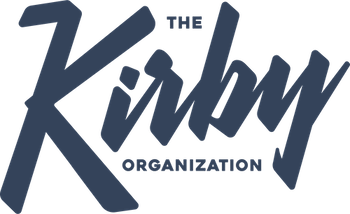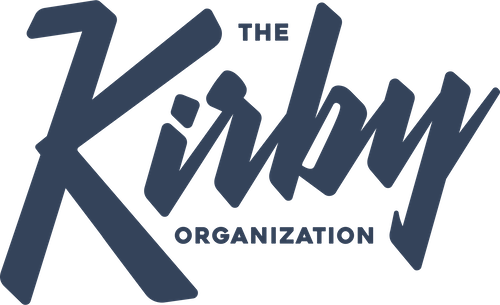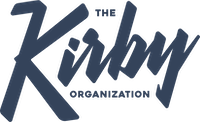Hector Tellez Jr.’s classic rock swagger and his exotic flair have garnered him a passionate audience in his homeland of Cuba, where he made a recent triumphant return to play in front of thousands at the Havana World Music Festival, one of his homeland’s signature festivals. His incredible vocals and guitar virtuosity has garnered the attention of some of America’s biggest names in music, including Peter Buck (REM) and Krist Novoselic (Nirvana), who played on his debut album, as well as Barrett Martin (Screaming Trees), who produced the album, and Raul Malo (The Mavericks), who signed Hector to his Mono Mundo label.
Hector is the son of Cuban legend Hector Tellez, Sr., a romantic bolero singer who has forged a multi-decade career filled with accolades, but a career that was forged by a DIY ingenuity, which was a wonderful environment for Hector. Hector considers his father his earliest and most important mentor. Early on, Hector was drawn to musical styles that weren’t the typical Cuban fare, so he had to teach himself how to play the blues and rock music that he loved, but that was in short supply in his native land. He found the music of Led Zeppelin and Stevie Ray Vaughn through swapping bootleg cassettes with middle school friends, and they became his musical guideposts. Later his brother introduced him to the blues music of Muddy Waters and Robert Johnson that was the font of the rock music he and his friends were listening to. Says Hector, “There was no Youtube available in Cuba at that time, so we had to be resourceful, and finding cassettes by people like Robert Johnson was like finding gold.” He honed his playing through playing two hours a night at one of Havana’s only rock clubs, playing both covers and weaving his original compositions into the set. Though the music was very different from his father’s pop crooner style, he learned from his father too, adding “He was able to convey so much emotion with such a bare bones style, that when I heard to blues legends doing the same thing, it really resonated with me.”
He eventually caught the ear of American artist Betty Malo while playing at the legendary Havana club Fabrica de Arte. When she offered to open doors for him in the US, knowing that prospects were limited for him in Cuba, he jumped at the opportunity. He played for two years in the Printers’ Alley area of Nashville, where many young acts have developed their chops, and eventually she introduced him to noted musician/producer Barrett Martin (Screaming Trees). Martin was immediately taken with Hector’s talents. “As a drummer, I have had the pleasure of working with some of the great rock singers of our time – Layne Staley, Mark Lanegan and Michael Stipe. I know this may seem like a strong statement, but Hector is a singer of that quality. When you add to that his guitar prowess, he really has it in him to be a huge star. It’s a rare combination,” said Martin. Martin, who has been nominated for three Latin Grammys and won one for his work with Nando Reis, also feels that Hector has enormous potential in the burgeoning Latin rock scene, saying “He has an elegance, a Jeff Buckley like mystical quality, that I think will speak to that audience.”
Martin was able to bring in some notable reinforcements to help Hector craft the sound of The Great Unknown. Peter Buck and Krist Novoselic play on multiple tracks on the album. Hector was nervous about meeting some of the artists from his treasured bootleg cassettes, but “they treated me like they were there to support my vision. We had so much fun together, and they were curious about Cuban music and culture. I am so thankful for them sharing their time and talents.”
The end result of their work together is the album, The Great Unknown. The title packs a lot of meaning for Hector in that creativity sometimes happens in unexpected ways. His path has been one of following what feels intuitive to him, and one never knows where one will wind up with that approach. “You really have to humble yourself and surrender to the unknown,” he says. The opening riff on the title track was inspired by traditional Cuban rhythms and an Argentinian style of music called Milonga, but when filtered through the rock and blues influences of his teenage years, it becomes something wholly singular.
A sense of the mystical and spiritual permeates the album. In “If You Want To Come,” the opening lyrics convey a sense of letting go and finding peace with the world unfolding before you: “You don’t have to have it all figured out/It’s okay if you don’t know/The river always gets where it needs to go/But you got to go with the flow”
The Great Unknown is the opening chapter in what will be a storied rock career. It weaves together the spiritual and the profane, musing on the same philosophical questions that have fascinated so many of the great Latin writers of recent times, all posed over some of the best rock music around.




